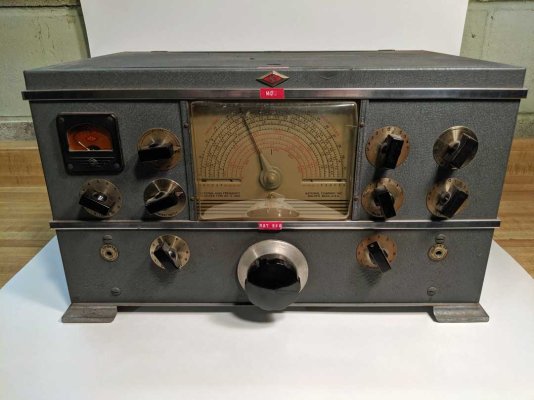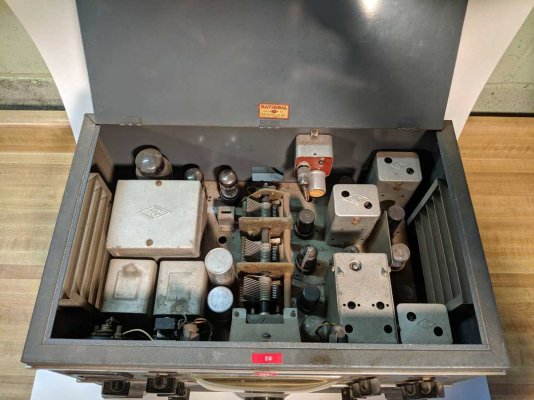Today is World Amateur Radio Day, so it got me wondering how many hams we have here. If you have (or ever had) an amateur radio license, please chime in. Don't list your callsign because it makes you too personally identifiable.
As for me, I got my first license in 1977 (Technician), upgraded to Advanced in 1979, and Extra in 1981. I didn't have any trouble with the electronics or theory, but mastering Morse code at 20 words per minute was rough! Back in those days you had to go to an FCC Field Office to take the tests, and since I was in the military I took the first one in NYC, the second in Atlanta, and the third in Los Angeles.
A really fun hobby and I was very active in it for a long time, but I'm sure it will be declining more and more in the age of the internet.
As for me, I got my first license in 1977 (Technician), upgraded to Advanced in 1979, and Extra in 1981. I didn't have any trouble with the electronics or theory, but mastering Morse code at 20 words per minute was rough! Back in those days you had to go to an FCC Field Office to take the tests, and since I was in the military I took the first one in NYC, the second in Atlanta, and the third in Los Angeles.
A really fun hobby and I was very active in it for a long time, but I'm sure it will be declining more and more in the age of the internet.





